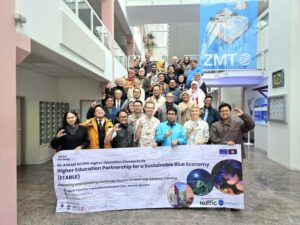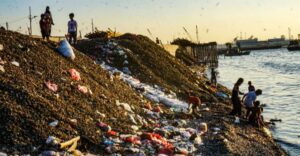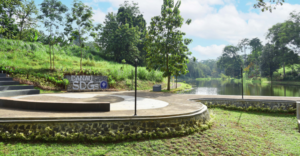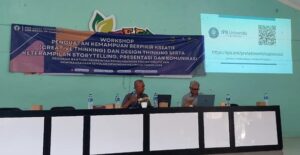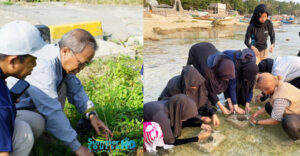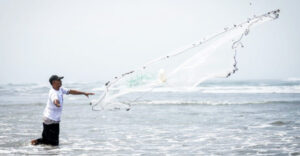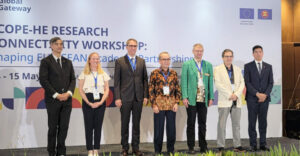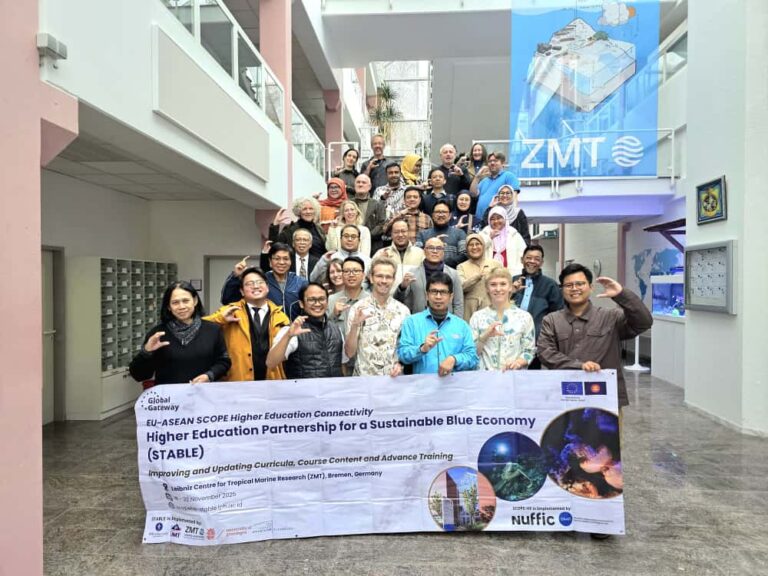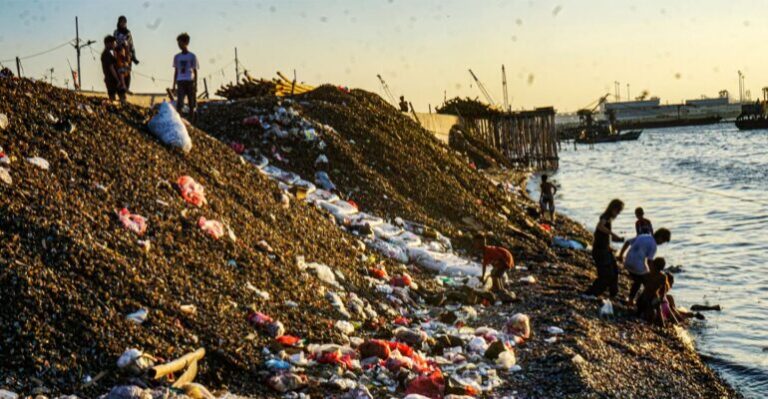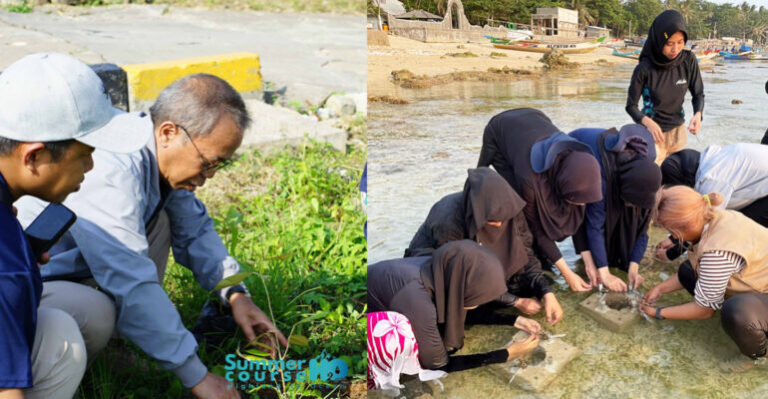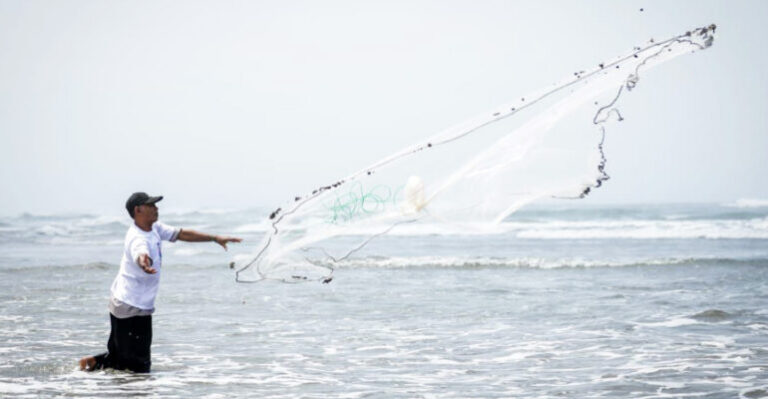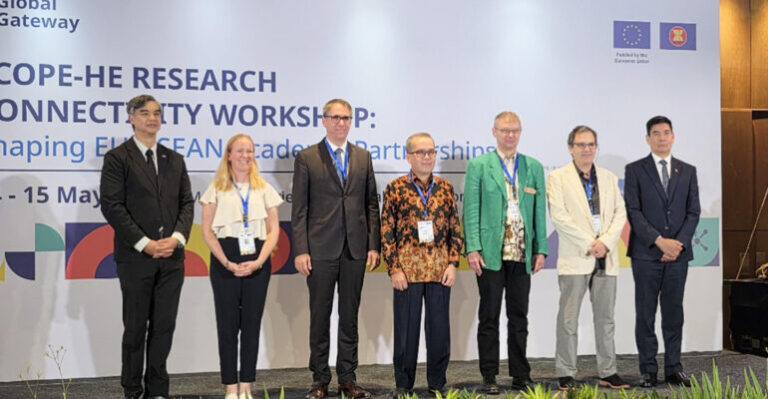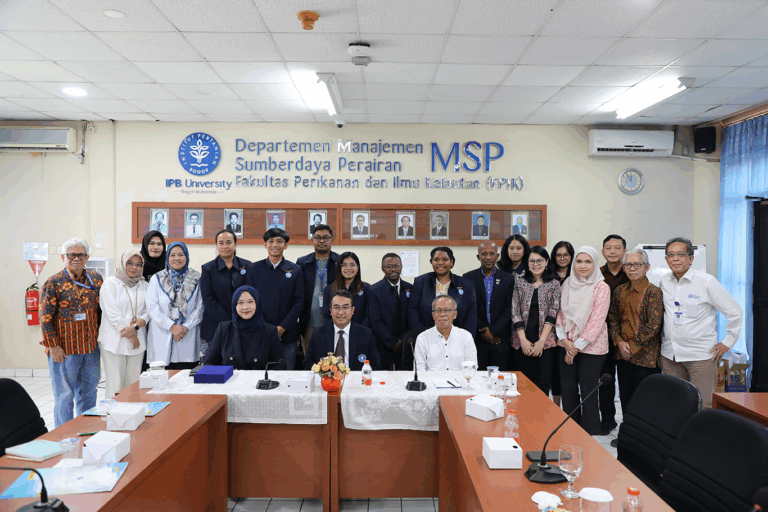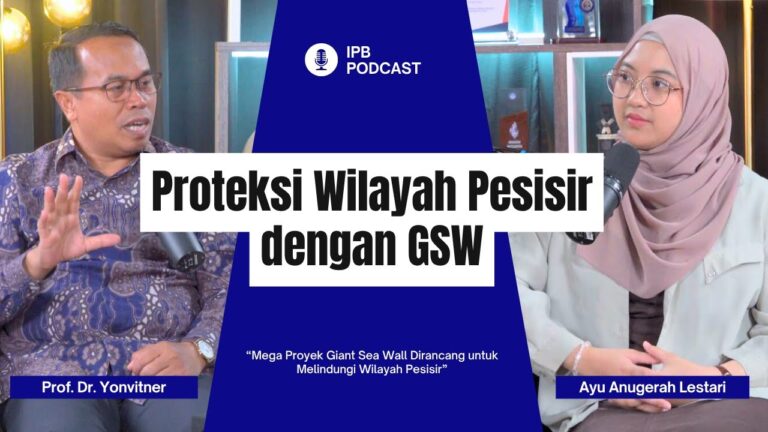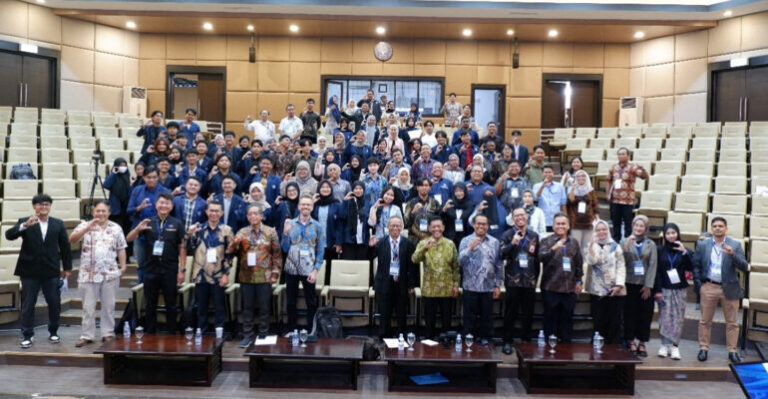Prof. Hefni Effendi Involved in FGD Environmental Study Guide at the Ministry of Environment and Forestry
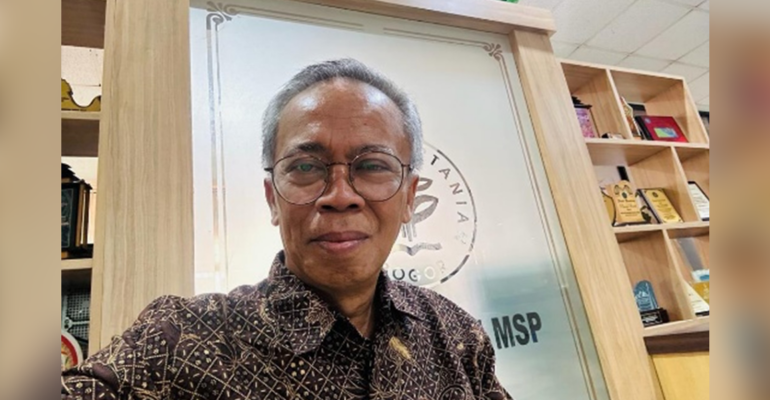
In order to prepare obligatory environmental study guidelines for business actors and/or activities, the Ministry of Environment and Forestry (KLHK) held a focus group discussion (FGD) on draft guidelines for preparing environmental studies.
IPB University Professor, Prof. Hefni Effendi, as one of the authors of the guide, explained the draft guide which had accommodated various input from previous FGDs in Manado and Pekanbaru.
In the previous FGD, relevant stakeholders were invited, such as the business world, the Environmental Service, several sectors supporting activities both central and regional, academics, non-governmental organizations (NGOs), and others.
“There are 14 environmental study guidelines currently being prepared which involve collaboration between PDLUK and the Indonesian Environmental Study Center Cooperation Agency (BKPSL),” said Prof Hefni who is also Chair of the Department of Aquatic Resources Management (MSP), Faculty of Fisheries and Marine Sciences (FPIK) IPB University.
This activity was organized by the Directorate of Business and Activity Environmental Impact Assessment (PDLUK), Directorate General of Forestry Planning and Environmental Management (PKTL), KLHK.
A number of universities are involved in this collaboration. Among them are IPB University, University of Indonesia, Bandung Institute of Technology, Padjadjaran University, Diponegoro University, Gadjah Mada University, Sepuluh Nopember Institute of Technology, Mulawarman University, Hasanuddin University and Jambi University.
“Each university represented by the Environmental Research Center (PPLH) under the coordination of BKPSL prepares environmental study guidelines, starting from methods for preparing and evaluating environmental study documents, to environmental study guidelines in several sectors that are adapted to the latest regulations,” explained Prof. Hefni.
The regulations in question include Government Regulation No. 22 of 2021 concerning the Implementation of Environmental Protection and Management; Minister of Environment and Forestry Regulation (PerMenLHK) No 4 of 2021 concerning List of Business Plans and/or Requirements to Have Environmental Impact Analysis (Amdal), Environmental Management Efforts and Environmental Monitoring Efforts (UKL-UPL); and a Statement of Capability for Environmental Management and Monitoring (SPPL), as well as sector regulations that govern activities.
Furthermore, the draft environmental study guideline was commented on by fellow experts and a number of PDLUK staff. Prof. Hefni revealed that PDLUK staff provided a lot of input regarding the purpose and scope of making this guide. They also emphasize the specifics of the sector under study, especially with regard to the description of planned activities and the hypothetical significant impacts that are likely to occur.
“The thing that is emphasized is that this guide will be used by activity initiators, preparing environmental studies and the Feasibility Test Team (TUK). “With this guide, it is hoped that it will simplify and accelerate the preparation of environmental studies,” explained Prof. Hefni.
Apart from that, he said, the existence of this guide is intended to reduce the duration of preparing environmental assessment documents because it has been directed in the guide. Furthermore, all approved guidelines will be uploaded to the digital-based environmental information system, namely Amdal.net, to be used in preparing environmental studies.
“This draft guide will continue to be revised through several follow-up meetings, both internally at BKPSL and with the involvement of relevant stakeholders which will be coordinated by KLHK in the near future,” said Laksmi Widiyajayanti as Director of PDLUK KLHK.
Thus, he hopes that the environmental assessment guide that has been prepared will accommodate suggestions and input from many parties, so that it can be used as an efficient and effective national reference.
Source: IPB News
Share
